Sign of the Times: Why Green Labels Matter to Office Tenants
Gen Z and Millennials want to know if your building is sustainable. You should make sure it’s clear.

Signage is important on buildings.
To let people know they’re in the right place, of course. And for branding. But signage goes beyond the building name.
Take, for instance, the health code rating on restaurant windows. Would you eat at a place with a B rating when you could just as easily find one with an A rating? No, you wouldn’t. (Though a New York City bodega with a C rating is perfectly fine—in my mind that just means the cat is particularly frisky.)
And then you have LEED or Energy Star signs on office buildings. Unlike a health code rating, not having one of these wouldn’t necessarily stop people from coming to your building. But having one might encourage tenants to sign a lease at your property. That’s because people don’t just expect energy efficiency in their buildings, they demand it.
Gen Z, in particular, values sustainability, and might even take that as a factor when it comes to choosing their careers. According to Deloitte’s 2025 Gen Z and Millennial Survey, 70 percent of respondents said they consider an employer’s environmental credentials when they research different companies.
“Tenants recognize the value of working in buildings that prioritize their well-being,” Marc Deluca of KBS told Mikayla Sciortino for her article “Power Moves: How to Increase Office Energy Efficiency.”
More and more people are back in the office either full time or on a hybrid schedule. And with that comes more energy consumption. Because of this, office owners really need to be conscious of the property’s energy usage to keep down costs and to be sustainable. So, go ahead and flaunt your sustainability. We’ll all take that as a good sign.

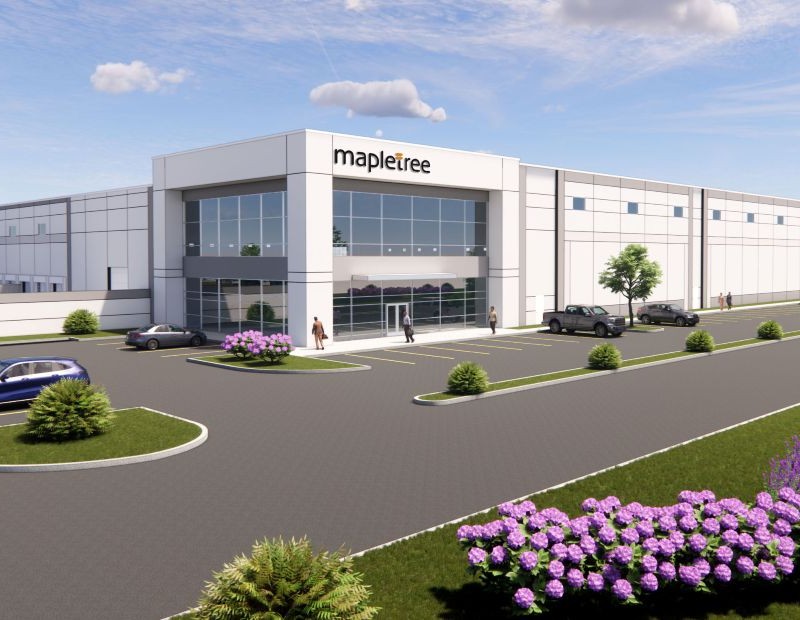
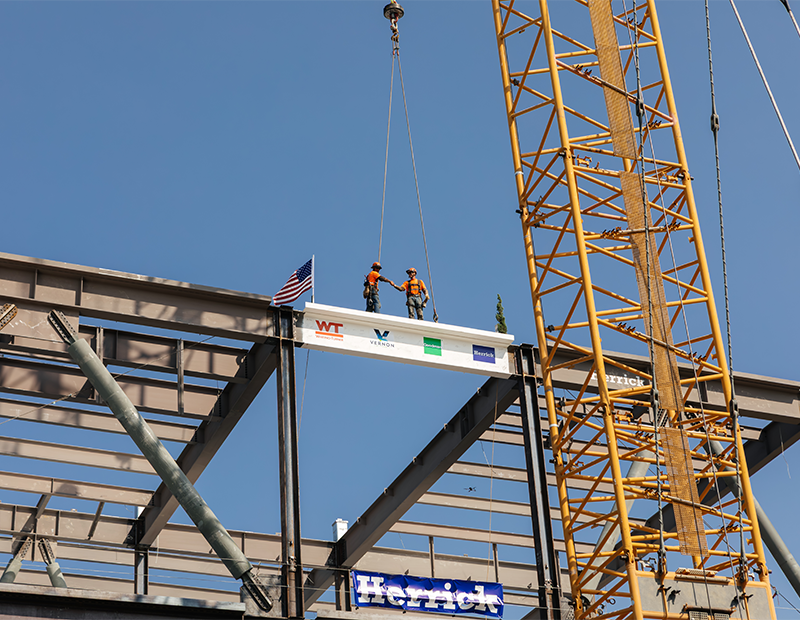
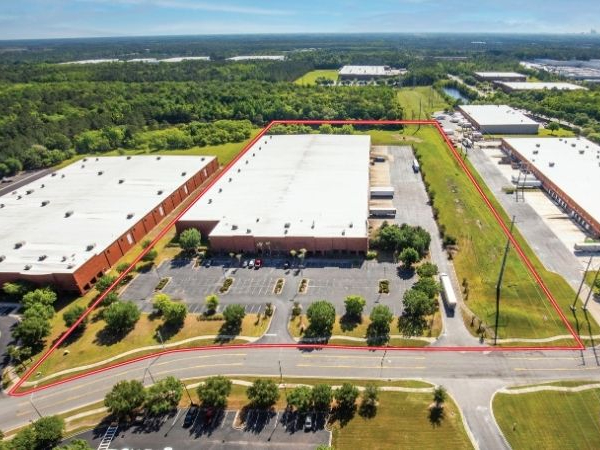

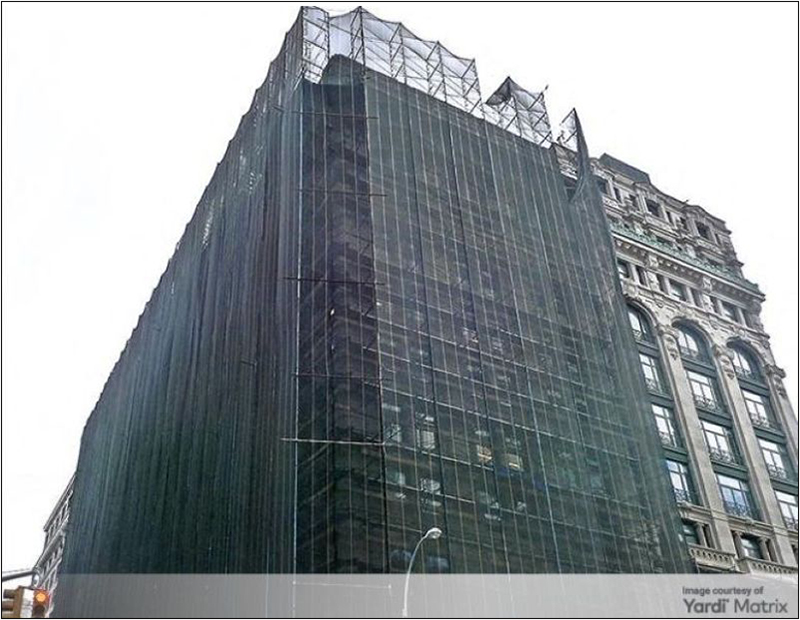
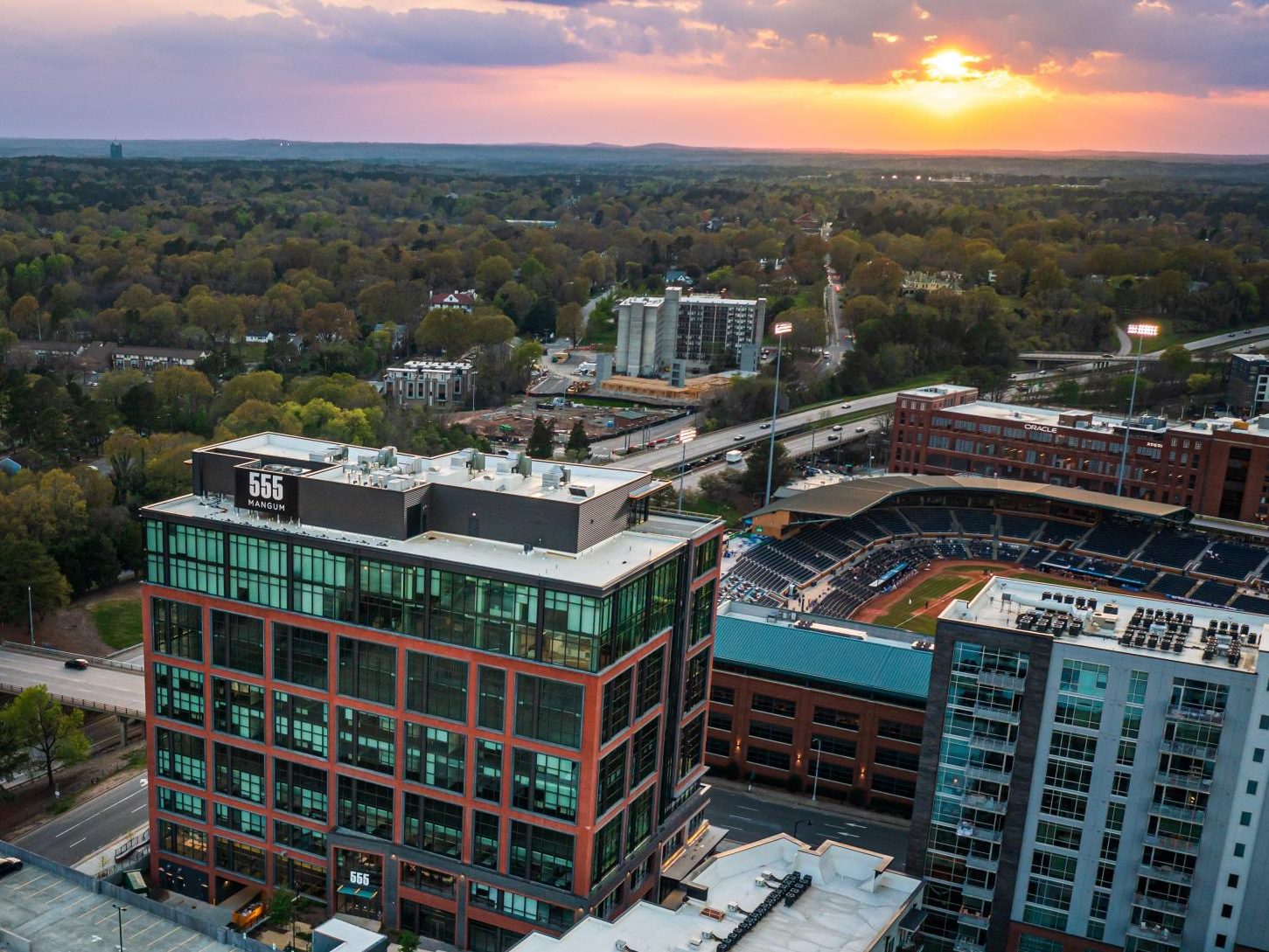
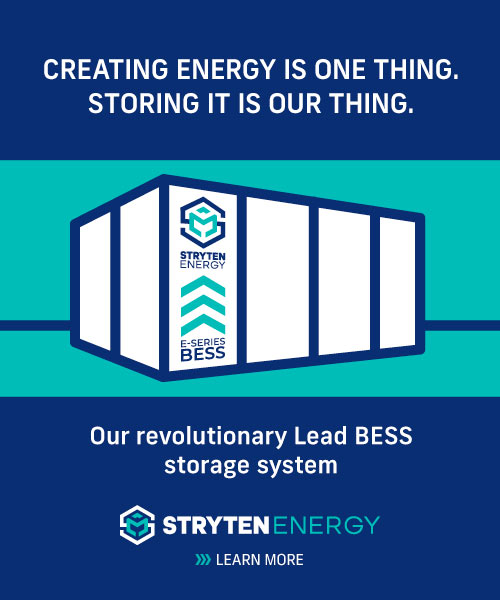
You must be logged in to post a comment.